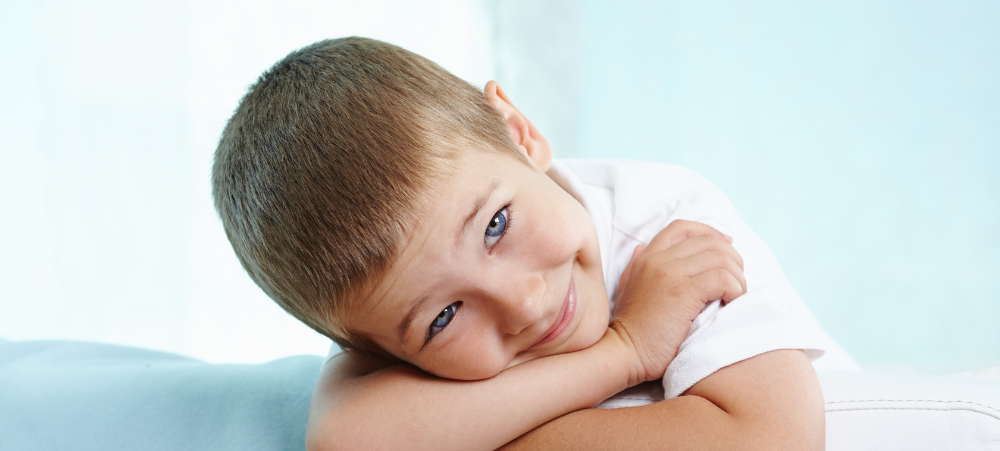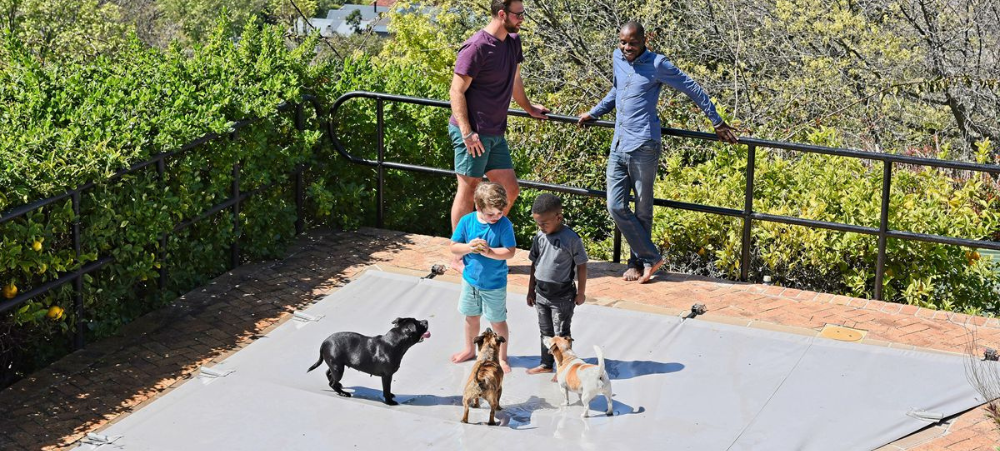The famous human sexual response researcher, William Masters (1925 – 2001), an American gynaecologist, was known to play a game with newborn boys during delivery: ‘Can I get the cord cut before the kid has an erection?’ He often failed since most boys are born with a fully erect penis. He also observed that all baby girls lubricated vaginally in the first 4 to 6 hours of life, and that during sleep, spontaneous erections or vaginal lubrication occur every 80 to 90 minutes throughout our entire life span.
Despite being born with sexuality as an inherent part of a child’s being, expressions of a sexual nature often leave parents with a feeling of discomfort and concern. ‘Sexual nature’ in this context refers to behaviour which includes touching, sexual identification, exploring one’s own body and those of others, sexual language, masturbation, and games or interaction which have sexual connotations.
Although children vary in their interest in sexuality, they are all naturally curious about their own bodies and those of others. Investigative peeking games, which entail ‘you-show-me-yours-and-I’ll-show-you-mine’, are quite natural and occur in 85% of children between the ages of 3 and 7. Rest assured that these games are considered normal and are viewed as non-sexual behaviour.
Apart from playing peek-a-boo with others, it is also well known that girls discover their magic buttons of pleasure. A girl may become aware of a pleasurable sensation caused by the friction of her panty, riding on her bicycle, climbing ropes or trees or gently rocking or rubbing her teddy between her legs. ‘Masturbation’ is such a weighty word to use when talking about our innocent girls, and although polite society doesn’t freely discuss matters of such delicacy, we should realise that it is quite a natural, non-sexual occurrence.
Her private enjoyment of self-stimulation should be viewed in the light and innocent character of all childish diversions. You may find that she masturbates when she is tired, bored or simply relaxing. Perhaps all we need to do is explain to our little darlings that it is a private matter, and as long as she doesn’t pick the supermarket, the neighbours’ Sunday barbeque or the beachfront for private playtime, all is well.
To illustrate this principle, we have a lovely account of a father reading a bedtime story to his 20-month-old little girl. Sophie would sometimes enjoy her ‘happy wiggle’ as she relaxed and listened to the calm and comforting voice of her father. In these instances, her dad would pause and say, ‘Do you want to be alone, or do you want to hear the story?’ Although worried about Sophie’s behaviour at first, her parents found that once they had discussed this openly and told her it was something she should do in private, it stopped being such a big deal. Notably, Sophie was educated in a positive way without leaving her with feelings of guilt and shame.
Well worth mentioning too is certain sexual behaviour that merits some reason for concern: this includes attempting or imitating sexual intercourse with a friend, dolls or soft toys; attempts to insert objects in her or a friend’s anus or vagina; oral-genital contact; demanding that others take part in explicit sexual activities, and obsessive self-stimulation.
Based on the fact that these tendencies are uncommon in emotionally healthy children but common amongst children who have been victims of abuse, these deviances do need intervention from the adult. Please listen when the little ones talk about things that seem grown-up and removed from their frame of reference. They do not have the cognitive capabilities to talk about sexual acts unless they’ve experienced it.
Symptoms of possible abuse include a change in behaviour which reveals anger, hostility, aggression or withdrawal, nightmares, bed-wetting and fear of the dark, regression to babyish habits, or displaying reticence towards or fear for a person or a situation. School grades and attention span may also be affected.
- Children and Sexual Curiosity - March 28, 2017
- Private parts: Are we raising proud or shameful children? - March 9, 2017
- Ready for your girls’ first period? - March 2, 2017





